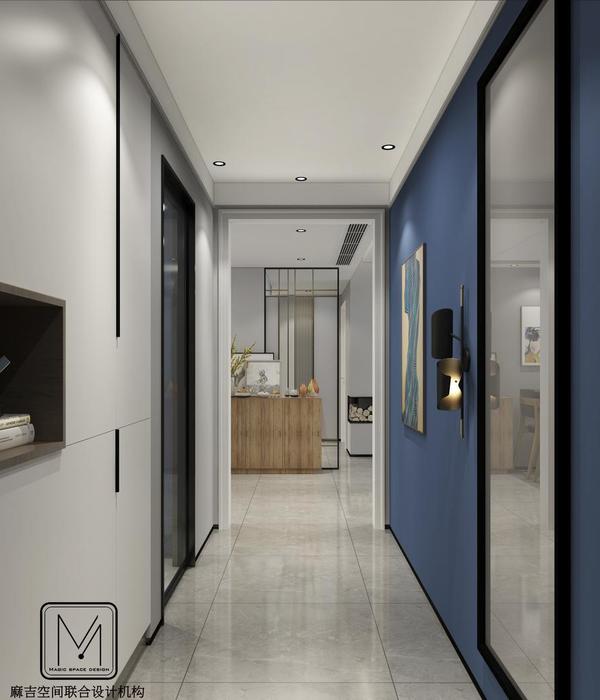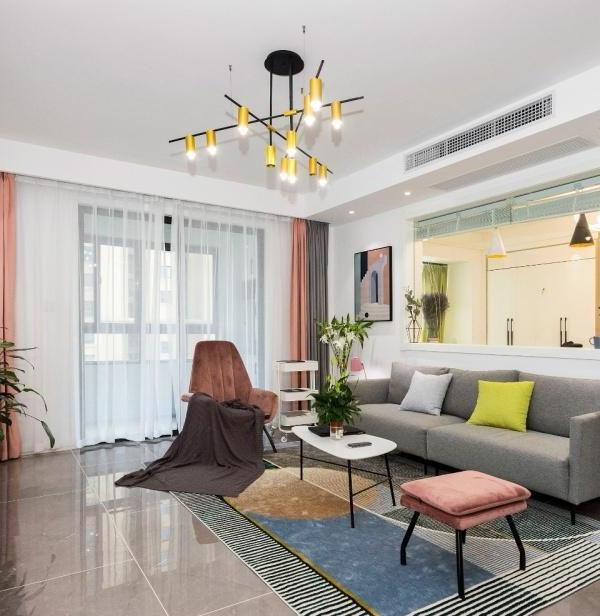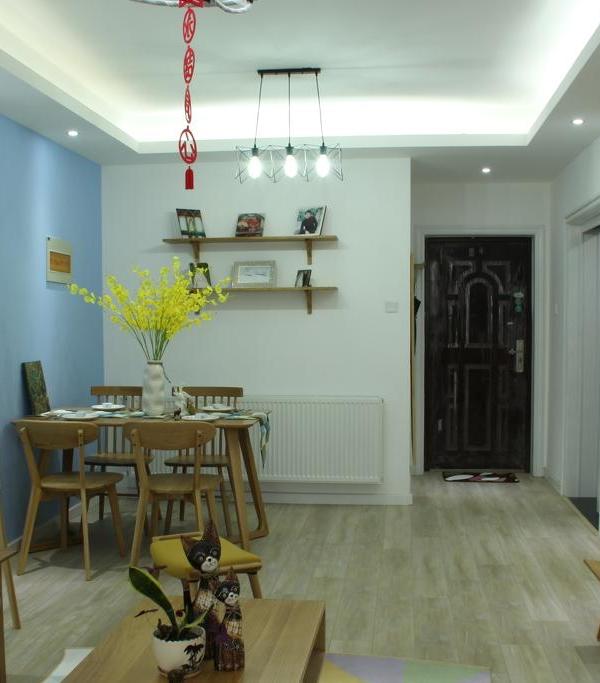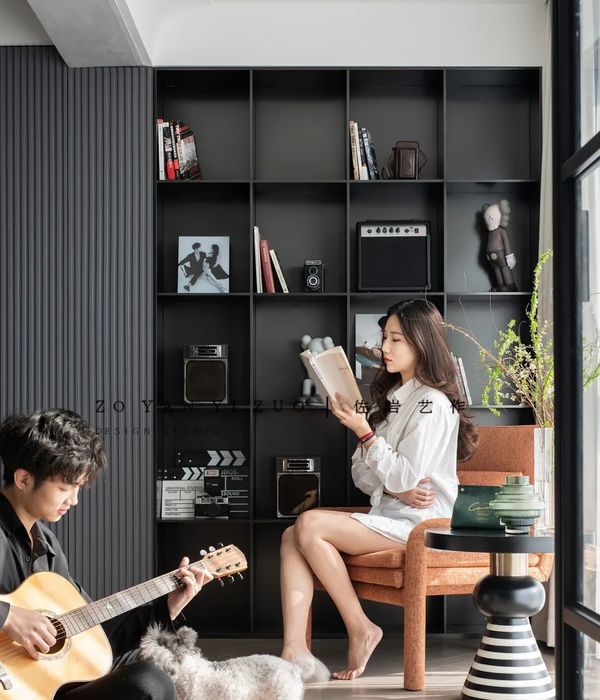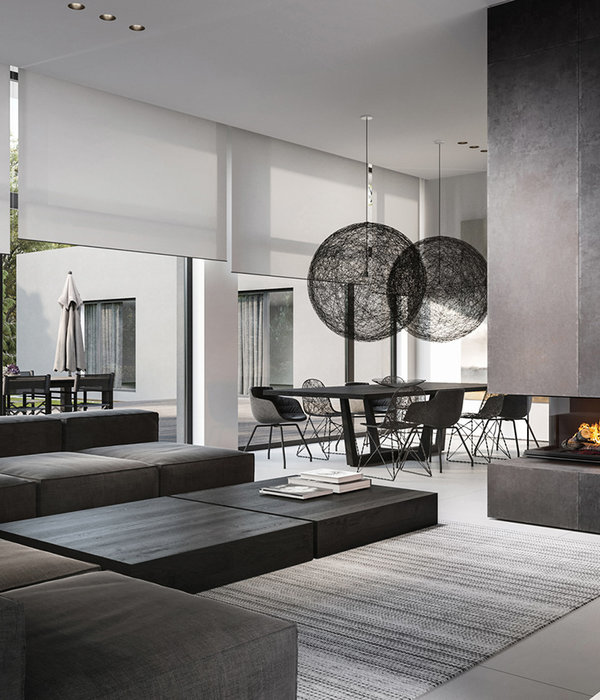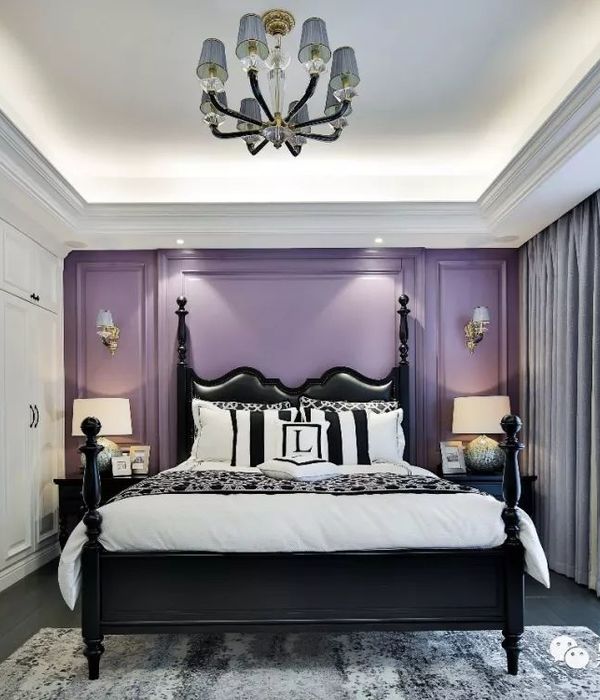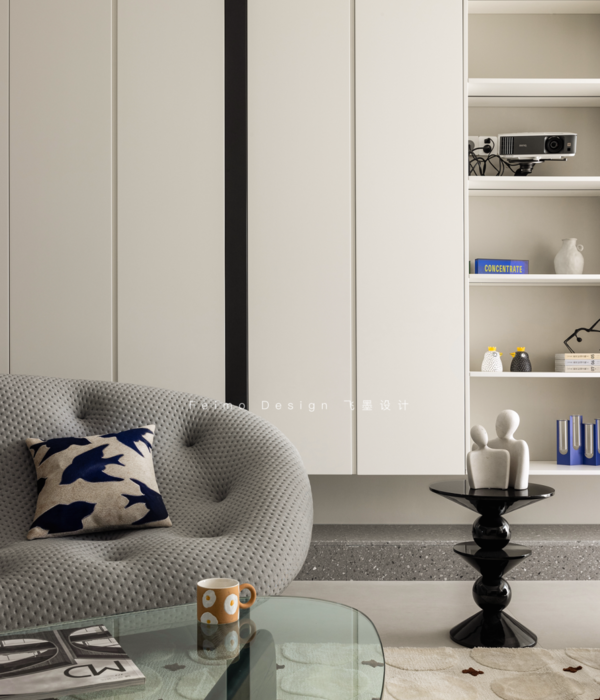研究稳定性问题法比安·范德尔·迈尔舍尔研究 EPB 否决权
Study stability Fabian Van Der Meersche Study EPB VETO & Partners Contractor Elbeko NV Client Private More Specs Less Specs
© Tim Van De Velde
c.Tim Van de Velde
马切伦住宅:一种介于地板和天花板之间的住宅,由一格的柱子隔开。这所房子建在偏远地区的一块地块上,在第一排典型的佛兰芒地皮房屋 (“fermettes”) 后面。一个特殊的起步位置:这里没有直接的邻居-- 非常孤立-- 而且这座建筑几乎不受城市法规的约束。
House Machelen: a dwelling that fits between a floor and a ceiling, separated by a grid of columns. This house is built on a plot located in an outlying area, behind a first row of typical Flemish landhouses (“fermettes”). An exceptional starting position: there are no direct neighbours – splendid isolation – and the building is barely subject to urban regulations.
那么,如何设计一所能够从周围环境中提取最大能量的房子呢?
So how to design a house that can extract the maximum from its surroundings?
© Tim Van De Velde
c.Tim Van de Velde
这个问题引出了“平面建筑”的基本景观:一种介于地板和天花板之间的住宅,由混凝土柱组成的网格隔开。
‘Plan libre’ This question leads to the scenic, basic vision of a ‘plan libre’: a dwelling that fits between a floor and a ceiling, separated by a grid of concrete columns.
© Tim Van De Velde
c.Tim Van de Velde
所有额外的建筑元素 (墙壁,窗户,…) 是“自由”的,而不是宽容的。这一概念允许自己创造一个非常开放的计划与流动的空间,因此迷人的看法,通过房子和它的周围。
All extra architectonic elements (walls, windows, …) are ‘free’, not bearing. The concept allows itself to create a very open plan with flowing spaces, hence fascinating views through the house and its surroundings.
© Tim Van De Velde
c.Tim Van de Velde
这个家本身就是一个小型 (室内) 景观:一个小小的珊瑚礁,一个粗糙的混凝土结构,无论是由人类居住,还是 (后来) 自然居住。
This home is a mini (interior) landscape in itself: a little coral reef, a rough concrete structure to inhabit whether by human or (later on) by nature. © Tim Van De Velde c.Tim Van de Velde
与绿色环境的交互作用立面的设计是其背后的功能的直接结果,它们为周围的景观提供了令居民满意的框架。因此,没有真正的正面或背面外观-- 所有四个是不同的,受附近的自然因素影响。
Interaction with the green surroundings
The design of the facades is a direct result of the functions that lie behind it; they frame the surrounding landscape as pleases the residents. Therefore, there is no real front or back facade – all four are differently, influenced by nearby natural elements.
© Tim Van De Velde
c.Tim Van de Velde
结构=完成我们说服客户保持旧材料的可见-- 诚实地展示结构,而不是抹灰墙壁和天花板,并掩盖一切。
Structure = finishing We convinced the client to keep the used materials visible – to honestly show the structure, instead of plastering walls and ceilings and cover everything up.
c.Tim Van de Velde © Tim Van De Velde
结构完全由现浇混凝土制成。模板使用粗糙的胶合板。这绝对不是为了使混凝土光滑和干净;小的缺陷,不同面板之间的接缝和木材上的标记都是一种附加价值。
The structure is fully made out of site-poured concrete. Rough plywood panels are used for the formwork. It was definitely not the intention to get the concrete smooth and clean; small defaults, seams in between the different panels and the markings on the wood are an added value.
© Tim Van De Velde
c.Tim Van de Velde
© Tim Van De Velde
c.Tim Van de Velde
除了混凝土,正面还使用了一个几乎典型的佛兰德橙色砖块。无论在里面还是外面。墙壁被简化为它们的本质。
In addition to the concrete, an almost typical Flemish orange brick was used for the facades. Both inside and outside. The walls are reduced to their essence.
© Tim Van De Velde
c.Tim Van de Velde
所有内置的家具,包括厨房和衣柜,都是用深色的混凝土板制成的。这种材料不需要任何额外的整理。这实际上是一种廉价的套管板-- 同样是对材料本质的探索。
All the built-in furniture, including the kitchen and wardrobes, are made out of dark concreteplex plates. This material does not require any additional finishing. It’s actually a cheap casing plate – again a search for the essence of materials.
Architects Compagnie O Architects
Location Belgium
Lead Architects Joke Vermeulen & Francis Catteeuw
Area 310.0 m2Project Year 2017
Photographs Tim Van De Velde
{{item.text_origin}}


